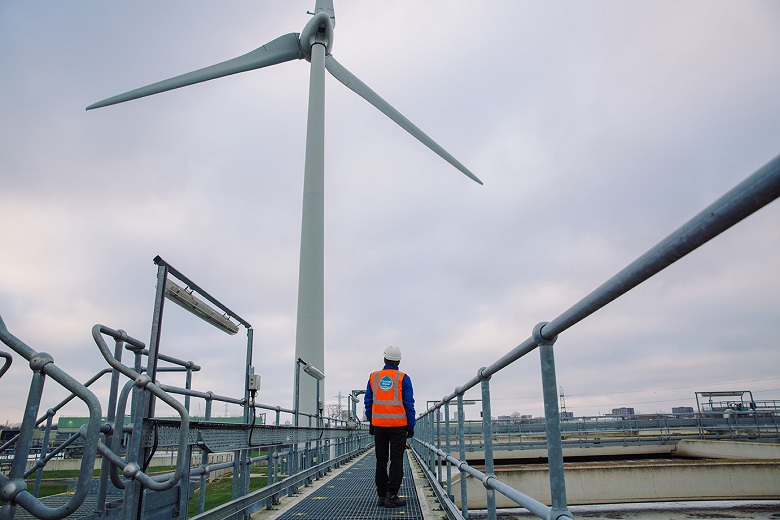Thames Water records best-ever sustainability survey score
Tuesday 10th November 2020 15:43

Thames Water has retained its top five-star status after recording its best-ever Global Real Estate Sustainability Benchmark for Infrastructure (GRESB) survey score.
Today’s results provide a barometer of a company’s sustainability and ethical performance, based on three ‘ESG’ pillars – environmental, social and governance.
The independent report looks at areas such as a company’s carbon footprint, how they treat and train employees and how they provide for customers.
Sarah Bentley, Thames Water chief executive, said: “I’m extremely proud of today’s results, which show we are doing business in the right way. As the provider of life’s essential service, we take our responsibilities to our customers, our people and the environment very seriously.
"We’re determined to be a force for good, and will continue carrying out our work in a more sustainable and socially responsible way so our customers, communities and the environment can thrive.”
In 2018, Thames Water became the first UK corporate to tie the interest rate it pays on a revolving credit facility to its GRESB score. Because the business outperformed its score, the margin it pays is lowered and the financial gains at the end of this year will be put towards its charitable fund for water and health or environmental causes.
Overall, the company ranked 37 out of 406 world infrastructure firms – putting it in the top 10 per cent – and third out of 12 for participating water and sewerage companies. The GRESB five-star rating recognises entities placed in the top 20 per cent of the benchmark.
The result also follows today’s publication of Thames Water’s third Environment, Social and Governance (ESG) statement, which brings together five years of data in an accessible and transparent format to give a balanced view of performance against three key measures:
- Environment: The effect operations have on the natural environment
- Social: Relationships with employees, suppliers, customers and communities, and external impact on the economy
- Governance: The way the business is governed, covering leadership, remuneration, audits and internal control and external shareholder dividends.
For more information read the full ESG Statement.
